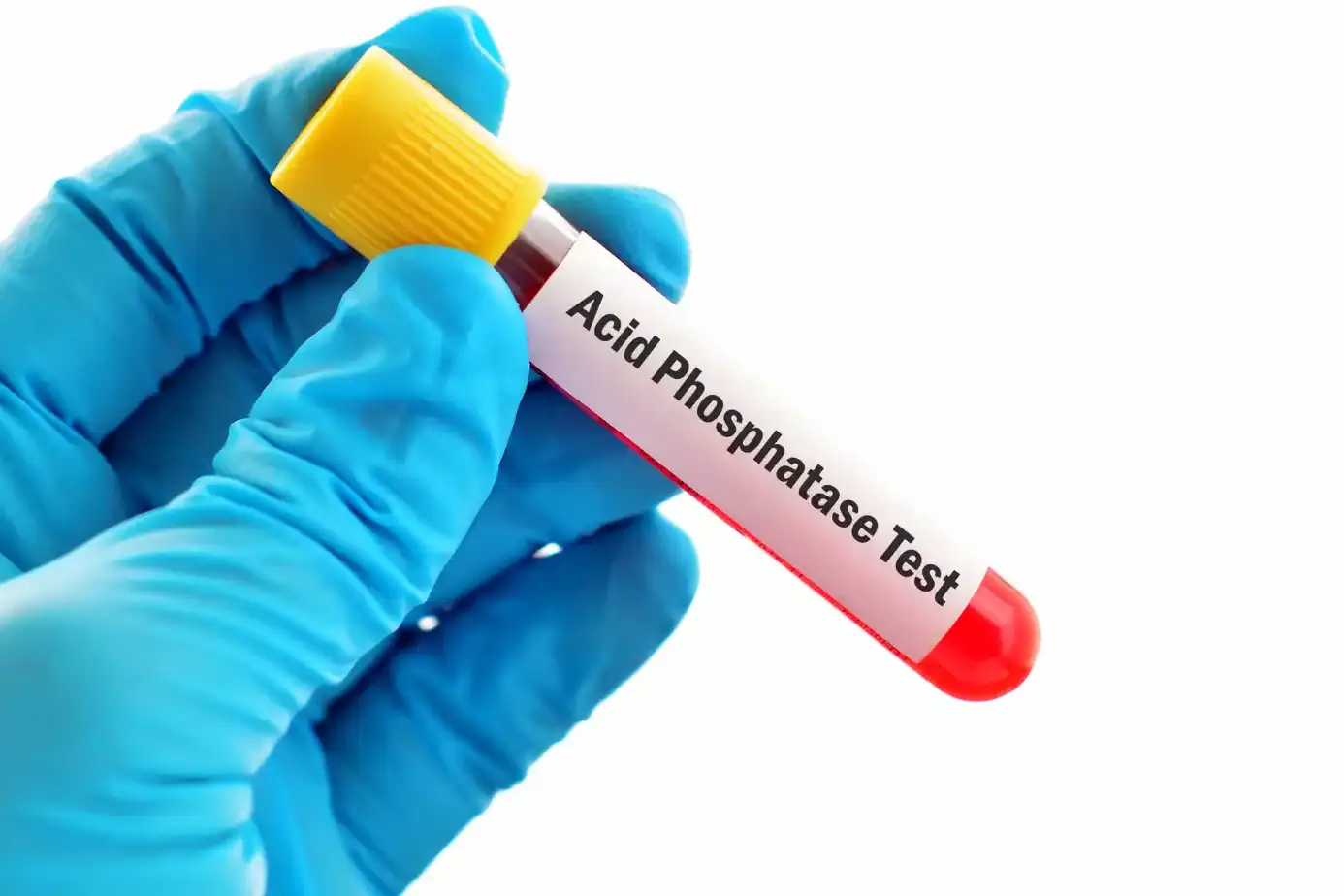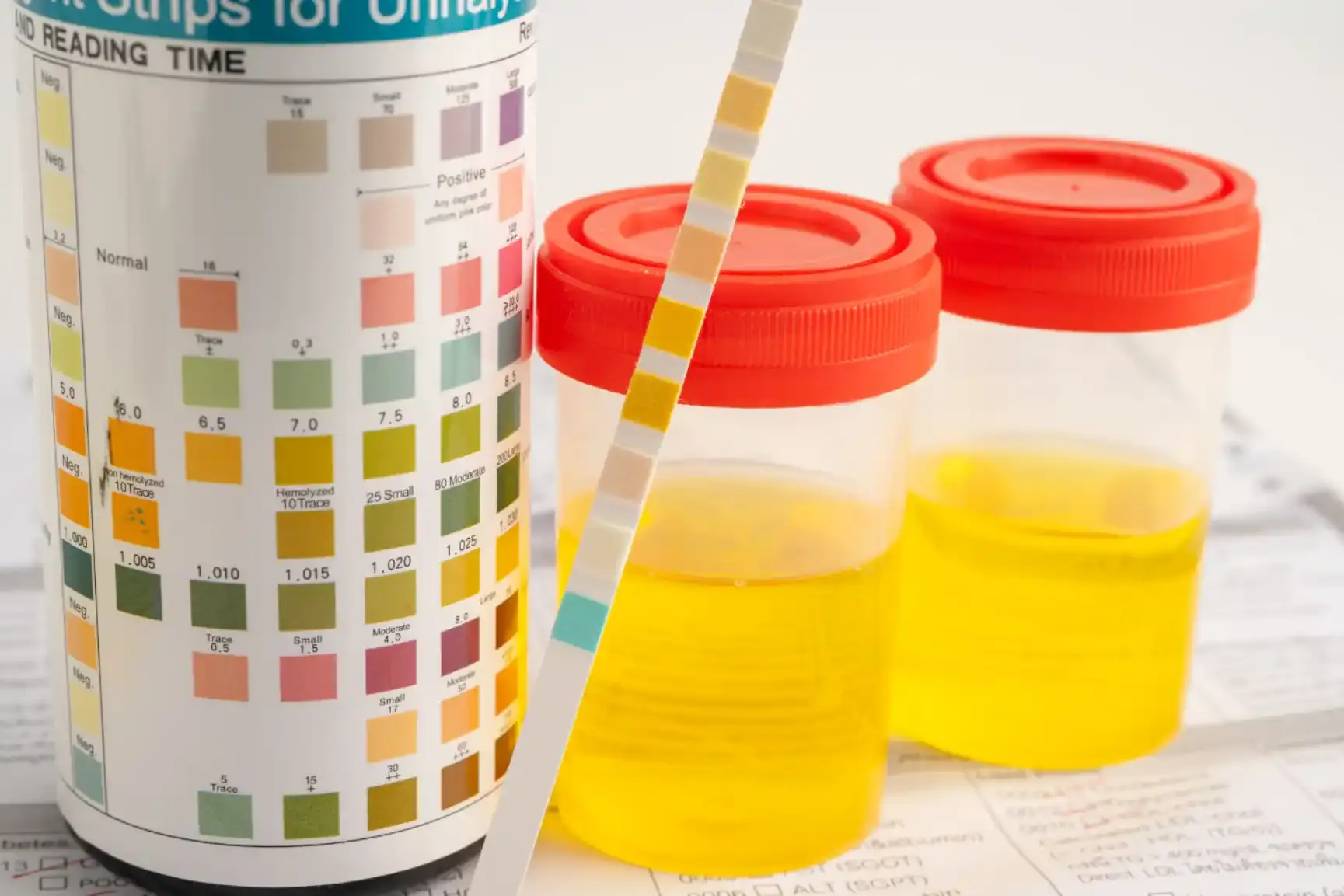Symptoms of liver pain often start subtly. A dull ache under the ribs, bloating, or tiredness may be brushed off. But ignoring them can lead to major health issues. Your liver is one of the hardest working organs, and when it signals pain, it’s a warning that should not be taken lightly. This guide breaks down everything you need to know, what liver pain feels like, why it happens, which warning signs matter most, and when to see a doctor.
Table of Contents
ToggleUnderstanding The Mighty Liver
The Liver’s Crucial Role In Digestion And Detox
The liver is like your body’s natural filter. It processes food into nutrients, stores energy, and clears toxins from the blood. Every drop of blood from your stomach and intestines passes through it. It also makes bile, which helps break down fats. When this system is stressed, you notice problems ranging from poor digestion to weakness. These digestive issues are linked to liver pain, showing how deeply the liver impacts day-to-day health.
The Liver’s Anatomy And Location In The Upper Right Abdomen
The liver sits under your right rib cage, shaped like a football, stretching across to the left side. Because of this position, liver upper right abdominal pain is a hallmark sign of distress. Unlike stomach pain that shifts or cramps, liver discomfort tends to be deeper, heavier, and more constant. Sometimes it spreads upward to the shoulder or backward toward the spine, leading to liver and back pain complaints.
Common Symptoms Of Liver Problems
Jaundice: A Telltale Sign Of Liver Disease
Jaundice makes skin and eyes turn yellow. It happens when the liver cannot clear bilirubin, a yellow pigment from red blood cells. Jaundice is one of the most recognizable liver disease symptoms, often paired with dark urine and pale stools. It signals the liver is overworked or blocked.
Liver Upper Right Abdominal Pain And Swelling
Swelling, called hepatomegaly, means the liver is enlarged. This leads to fullness, bloating, and soreness in the right abdomen. Liver swelling symptoms can make even breathing uncomfortable. Unlike sudden gallstone pain, liver swelling builds slowly and doesn’t ease quickly.
Fatigue And Other Subtle Symptoms Of Liver Disease
Not all signs of liver problems are obvious. Constant tiredness is a classic early clue. Poor appetite, nausea, itchy skin, or bruises that appear without reason also warn of liver trouble. These subtle signals are easy to dismiss, yet they often appear long before severe damage.
Causes Of Liver Disease
Viral Hepatitis: A Major Culprit Behind Liver Pain
Hepatitis viruses (A, B, C, D, and E) inflame the liver. Hepatitis and liver pain usually feel like a dull ache that may worsen with activity. Hepatitis B and C often turn chronic, leading to scarring and long-term pain. Vaccines protect against A and B, but not C. This is why blood tests and safe practices are crucial.
Autoimmune Liver Diseases And Their Effects
In autoimmune liver disease, the body’s defenses attack liver cells. This ongoing attack causes inflammation, scarring, and eventually cirrhosis. People often first notice vague fatigue or right-sided discomfort before clear signs and symptoms of liver problems emerge.
Genetic Liver Disorders That Cause Chronic Liver Issues
Inherited conditions such as Wilson’s disease (copper buildup) or hemochromatosis (iron overload) slowly damage the liver. These genetic risks explain why family history is a key factor in liver pain causes and long-term dysfunction.
Liver Problems Linked To Lifestyle
Alcohol Abuse And Liver Damage
Excessive alcohol intake is one of the most common causes of liver pain. At first, it irritates the liver, producing alcohol and liver pain after heavy drinking. With time, it causes fatty changes, hepatitis, and cirrhosis. The pain can shift from mild soreness to constant discomfort with bloating.
Obesity And Nonalcoholic Fatty Liver Disease
NAFLD happens when fat builds up in the liver without alcohol. It is often tied to diabetes and obesity. Fatty liver disease symptoms include tiredness, dull pain, and bloating. Without treatment, it progresses to cirrhosis. Weight loss and diet changes can reverse early damage.
Signs Of Liver Problems
Signs And Symptoms Of Liver Problems That Should Not Be Ignored
Serious signs and symptoms of liver problems include:
- Yellow eyes or skin
- Swelling in legs and belly
- Vomiting blood
- Confusion or memory lapses
Ignoring these can delay lifesaving treatment.
Liver And Back Pain: How Discomfort Spreads Beyond The Abdomen
Because of nerve connections, liver irritation can radiate. Liver and back pain often targets the right shoulder blade or mid-back. Patients sometimes misinterpret it as muscle strain or spine issues.
Gallbladder Vs Liver Pain: How To Tell The Difference
Gallbladder and liver pain is tricky. Gallbladder pain is sharp, sudden, and often after fatty meals. Liver pain is dull, steady, and worsens over time. Ultrasound scans often separate the two.
Risk Factors For Liver Disease
Family History And Genetics
If liver disease runs in families, risks multiply. Genetic screening identifies conditions before symptoms develop. Families with hemochromatosis or Wilson’s disease often see liver damage early in adulthood.
Risky Behaviors And Exposures
Unprotected sex, needle sharing, or unsafe blood transfusions spread hepatitis. Certain jobs expose workers to toxins that increase liver inflammation. These exposures explain why prevention is as important as treatment.
Stages Of Chronic Liver Disease
Hepatitis: The Initial Stage
Hepatitis marks the first step in chronic disease. It may begin with mild symptoms of liver pain and fatigue. Blood work at this stage is crucial for diagnosis.
Fibrosis And Cirrhosis Progression
Fibrosis means scar tissue has begun replacing healthy liver. Over years, it progresses to cirrhosis, where scar covers most of the liver. Cirrhosis pain signs include swelling, confusion, and bleeding. Advanced cirrhosis may lead to liver failure.
Symptoms Of Liver Pain
What Does Liver Pain Feel Like And When To See A Doctor
People describe it as dull, heavy, or aching. Some feel pressure, while others notice sharp twinges. It often sits under the ribs and may spread upward. If pain is constant, comes with jaundice, or worsens at night, it is time to act. Knowing when to see a doctor for liver pain is vital. Delaying care can turn reversible problems into permanent scarring.
Preventing Liver Damage
Vaccines And Safe Habits For Long-Term Liver Protection
Vaccines guard against hepatitis A and B. Safe sex, avoiding shared needles, and checking tattoo hygiene reduce infection risk. Food safety also helps, as contaminated water spreads hepatitis A and E.
Lifestyle Changes To Reduce Common Causes Of Liver Pain
Daily habits shape liver health. Quitting alcohol, losing extra weight, and exercising lower risks. Avoiding unnecessary medicines protects the liver from overload. These steps prevent common causes of liver pain like fatty liver and alcoholic hepatitis.
The Bottom Line
The liver works silently until it is overwhelmed. By the time signs of liver problems appear, serious damage may have started. Pain in the right abdomen is not something to wait out. Whether it is mild soreness or spreading to the back, listen to your body. Simple steps, vaccines, safe habits, healthy living go a long way. But if the liver is already signaling trouble, see a doctor without delay.
FAQs
How do I know if my pain is from my liver?
Pain under the right ribs with fatigue, swelling, or yellow skin often means the liver. Only medical exams confirm the source of symptoms of liver pain.
What are the four warning signs of a damaged liver?
Yellow skin, dark urine, belly swelling, and unexplained bruising are top liver disease symptoms. These should prompt urgent medical evaluation for early treatment.
What can be mistaken for liver pain?
Gallbladder cramps, stomach ulcers, or lung infections can mimic liver pain. Knowing gallbladder vs liver pain helps, but proper scans confirm the diagnosis.
How to stop liver pain?
Stop alcohol, treat infections, and follow doctor’s advice. Managing root causes eases pain. Lifestyle change is vital for reducing common causes of liver pain.
What is Stage 1 liver disease?
Stage 1 is simple hepatitis or fatty change without scar. Symptoms are mild, and recovery is possible with diet, medicine, or stopping alcohol.
What are the three worst things for your liver?
Heavy alcohol use, chronic hepatitis infection, and obesity cause severe liver disease symptoms. Together they drive cirrhosis and cancer risk.
How do I know if my liver is ok?
Normal liver enzyme tests, absence of swelling, and no signs of fatigue or yellow skin mean good function. Doctors may use ultrasound for added confirmation.
About The Author

This article is medically reviewed by Dr. Nivedita Pandey, Senior Gastroenterologist and Hepatologist, ensuring accurate and reliable health information.
Dr. Nivedita Pandey is a U.S.-trained gastroenterologist specializing in pre and post-liver transplant care, as well as managing chronic gastrointestinal disorders. Known for her compassionate and patient-centered approach, Dr. Pandey is dedicated to delivering the highest quality of care to each patient.
→ Book a consultation to discover which remedies suit your needs best.
About Author | Instagram | Linkedin





